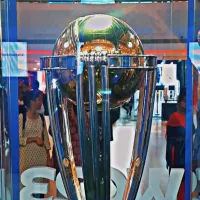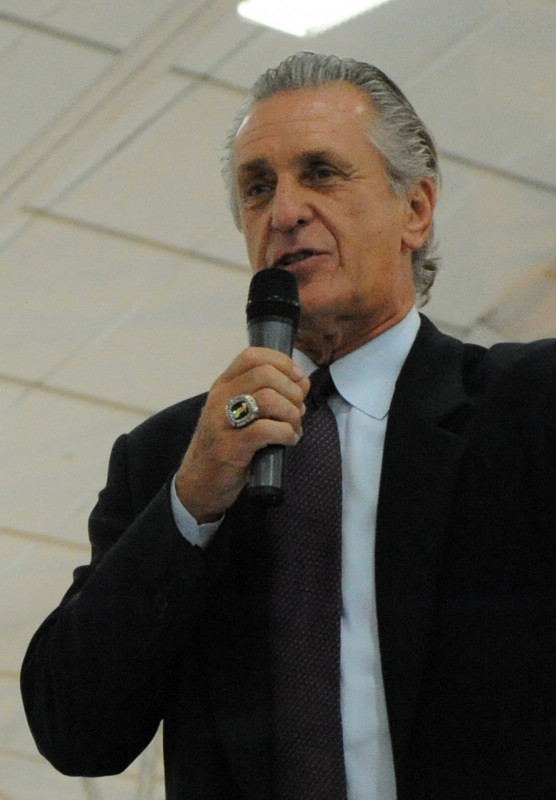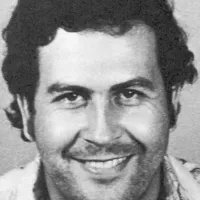Sport is a structured physical activity or game, often competitive, aimed at improving physical abilities and skills. It offers both enjoyment for participants and entertainment for spectators. The scale of participation varies greatly across different sports, ranging from individual endeavors to activities involving numerous participants.
1936: Hitler Uses Olympics to Promote Nazi Ideology
In 1936, Adolf Hitler used the Summer Olympics in Berlin and the Winter Olympics in Garmisch-Partenkirchen to promote Nazi ideology.
1969: Football War Between El Salvador and Honduras
In 1969, rioting at World Cup qualifiers sparked the Football War between El Salvador and Honduras.
1971: Olympic Athletes Compensation Allowed
From 1971, Olympic athletes were allowed to receive compensation and sponsorship.
1972: Munich Massacre at the 1972 Munich Olympics
Politics and sport tragically intersected at the 1972 Munich Olympics, when Palestinian militants killed 11 Israeli team members.
1986: IOC Allows Professional Athletes in Olympics
In 1986, the IOC decided to make all professional athletes eligible for the Olympics, with the exceptions of boxing and wrestling.
1990: East Germany Sports Surveillance
In communist controlled East Germany, from the 1970s to 1990, 'an estimated 3,000 unofficial collaborators were used each year in top-level sport to prevent athletes from escaping to the West, using both methods of surveillance and repression'.
1998: Emergence of Sports Engineering
In 1998, sports engineering emerged as a discipline with an increasing focus on materials design and the use of technology in sports.
1998: Good Friday Agreement Leads to Removal of GAA Ban
In 1998, the advent of the Good Friday Agreement led to the removal of the GAA's ban on members of the British security forces and the RUC from playing Gaelic games.
2000: Early Sport in China
Around 2000 BC, artifacts and structures suggest the existence of sport in China. Gymnastics was popular during this time in China's ancient past.
2006: 2006 FIFA World Cup final viewership
The 2006 FIFA World Cup final drew over 700 million viewers worldwide.
2008: Decision Review System Introduced in Cricket
Since 2008, a decision review system for players to review decisions has been introduced and used in ICC-run tournaments, and optionally in other cricket matches.
2010: FINA Bans Full-Body Swimsuits
In 2010, full-body, non-textile swimsuits were banned by FINA due to their performance-enhancing capabilities.
2011: 2011 Cricket World Cup final viewership
Approximately 135 million viewers in India alone watched the 2011 Cricket World Cup final.
2013: Goal-line Technology Used in the Premier League
From 2013–14, goal-line technology was implemented in the Premier League.
2013: Global Sporting Industry Worth
In 2013, A.T. Kearney, a consultancy, estimated the global sporting industry to be worth up to $620 billion.
2015: Super Bowl XLIX Viewership
In 2015, Super Bowl XLIX averaged 114 million viewers in the US, and a 30-second advertising spot sold for approximately US$4.5 million.
2020: Tokyo Olympics Female Participation
In 2020, at the Tokyo Olympics, women accounted for 49% of the participants.
2024: Paris Olympics Parity
At the Paris 2024 Olympics, the goal is to reach 50% parity in female participation.
Mentioned in this timeline
India officially the Republic of India is a South Asian...

The Super Bowl is the annual championship game of the...
China officially the People's Republic of China is an East...

FIFA the F d ration Internationale de Football Association is...

The ICC Men's Cricket World Cup is a quadrennial international...
Canada is a North American country the second largest in...
Trending
44 minutes ago Zimbabwe launches HIV prevention drug Lenacapavir; Kenya to roll out HIV shots.

45 minutes ago Tami Roman Shines in 'Double Double Trouble' Premiere on Lifetime Channel

45 minutes ago Pat Riley Honored with Statue Outside Lakers' Arena, Cementing Legacy.
45 minutes ago Sheldon Creed Secures First Career Win at EchoPark Speedway in O'Reilly Race.

45 minutes ago Pablo Escobar's hippos dung art, narco recruitment in Mexico on the rise.

2 hours ago Cavaliers defeat Hornets 118-113: Game recap and key takeaways from the match.
Popular

Jesse Jackson is an American civil rights activist politician and...

Barack Obama the th U S President - was the...

Bernie Sanders is a prominent American politician currently serving as...

Michael Joseph Jackson the King of Pop was a highly...
WWE Raw a professional wrestling television program by WWE airs...
The Winter Olympic Games a major international multi-sport event held...
